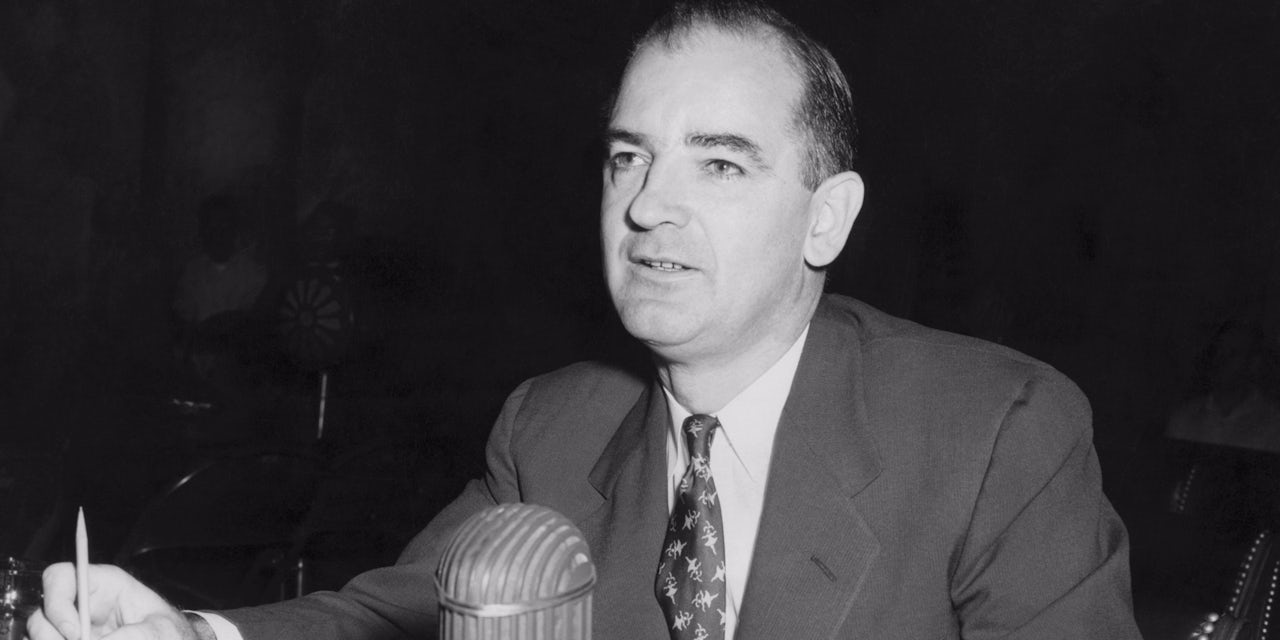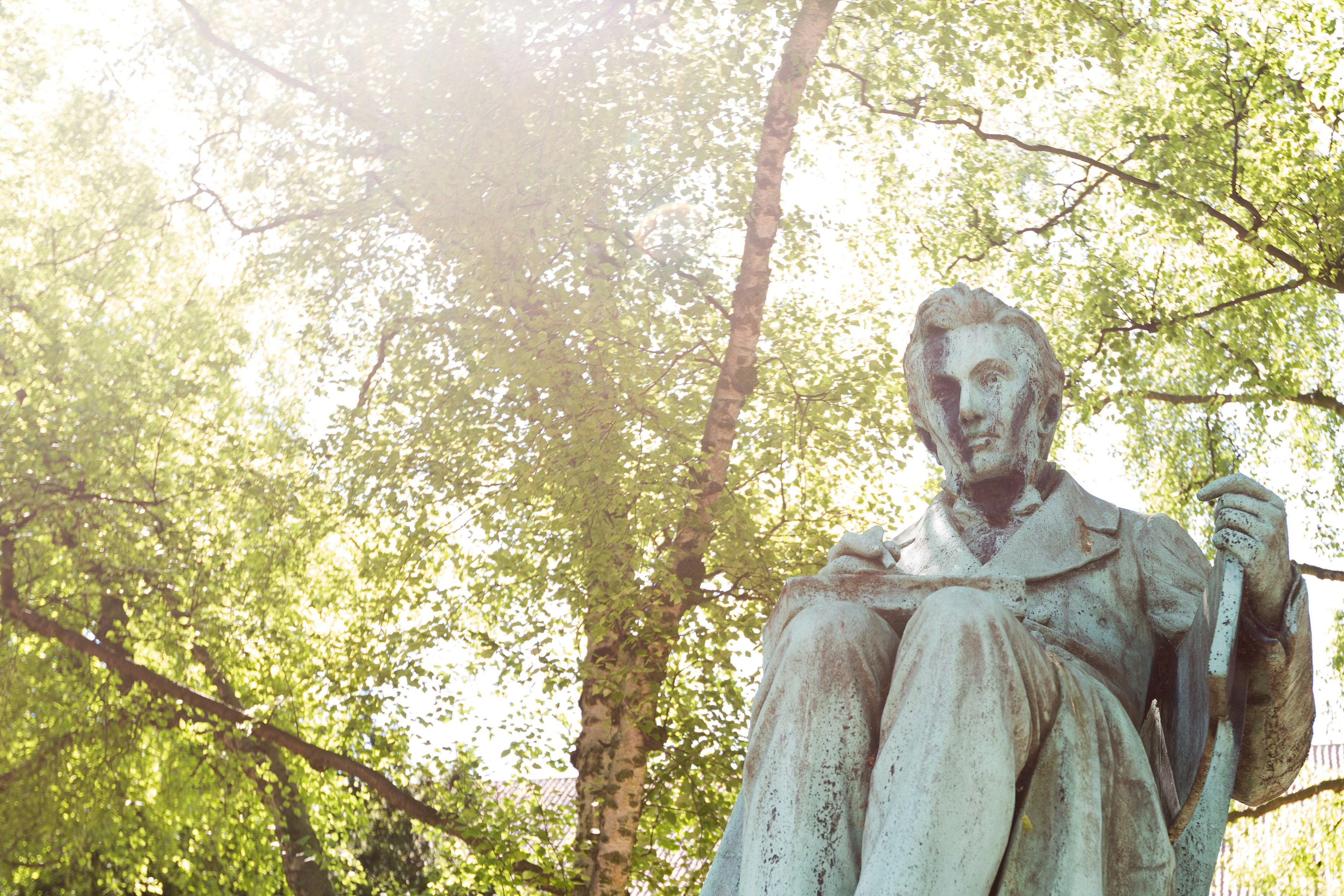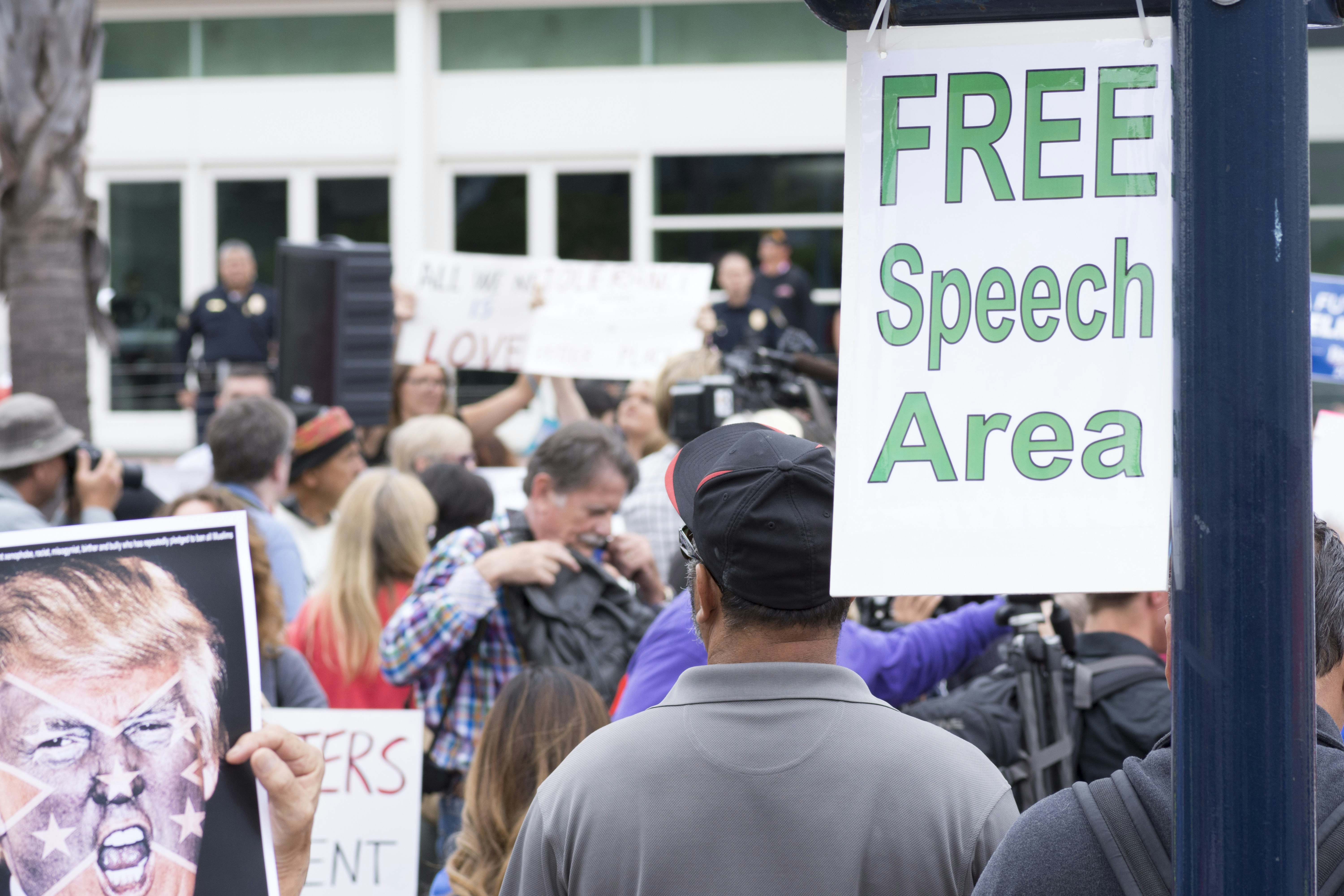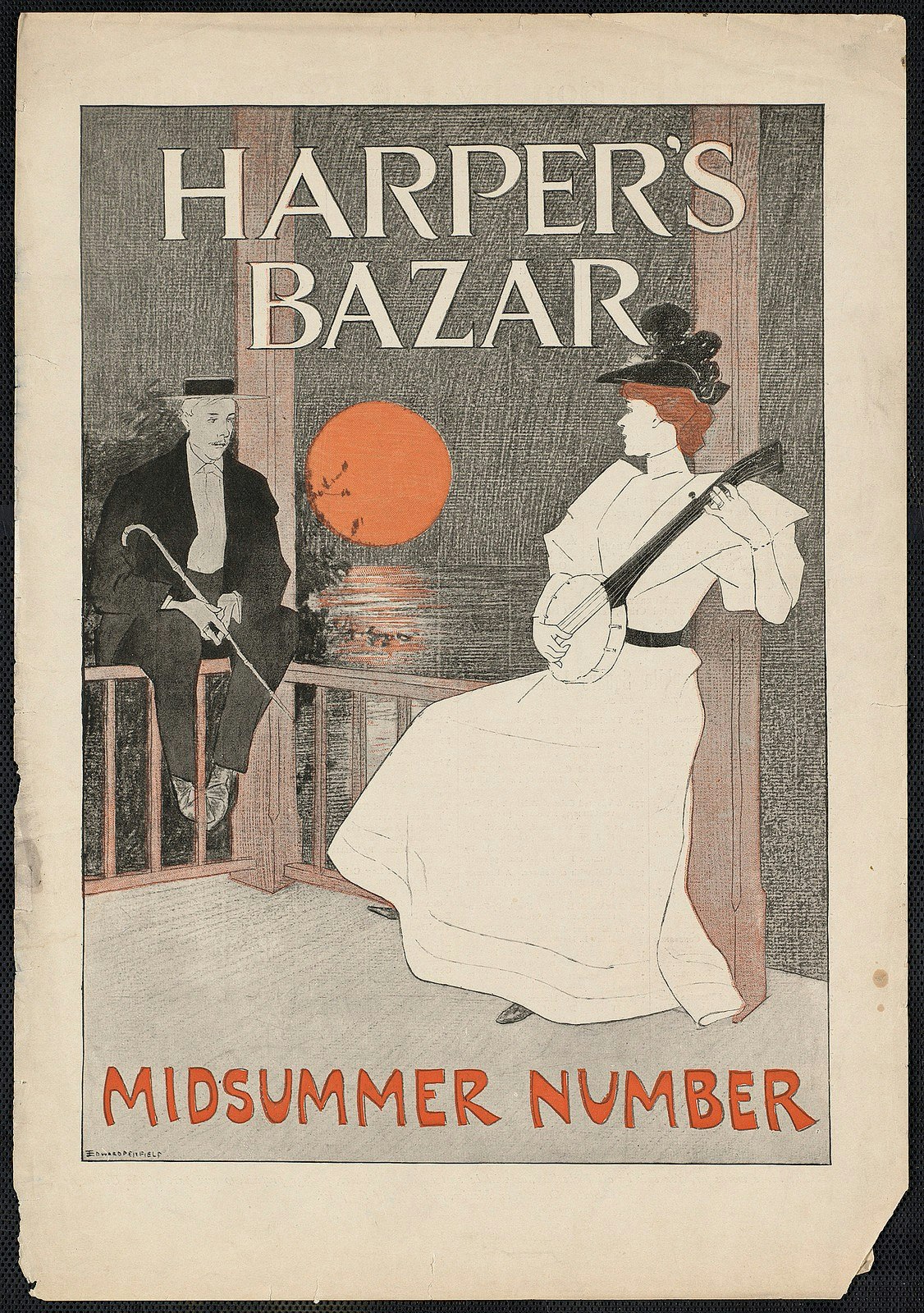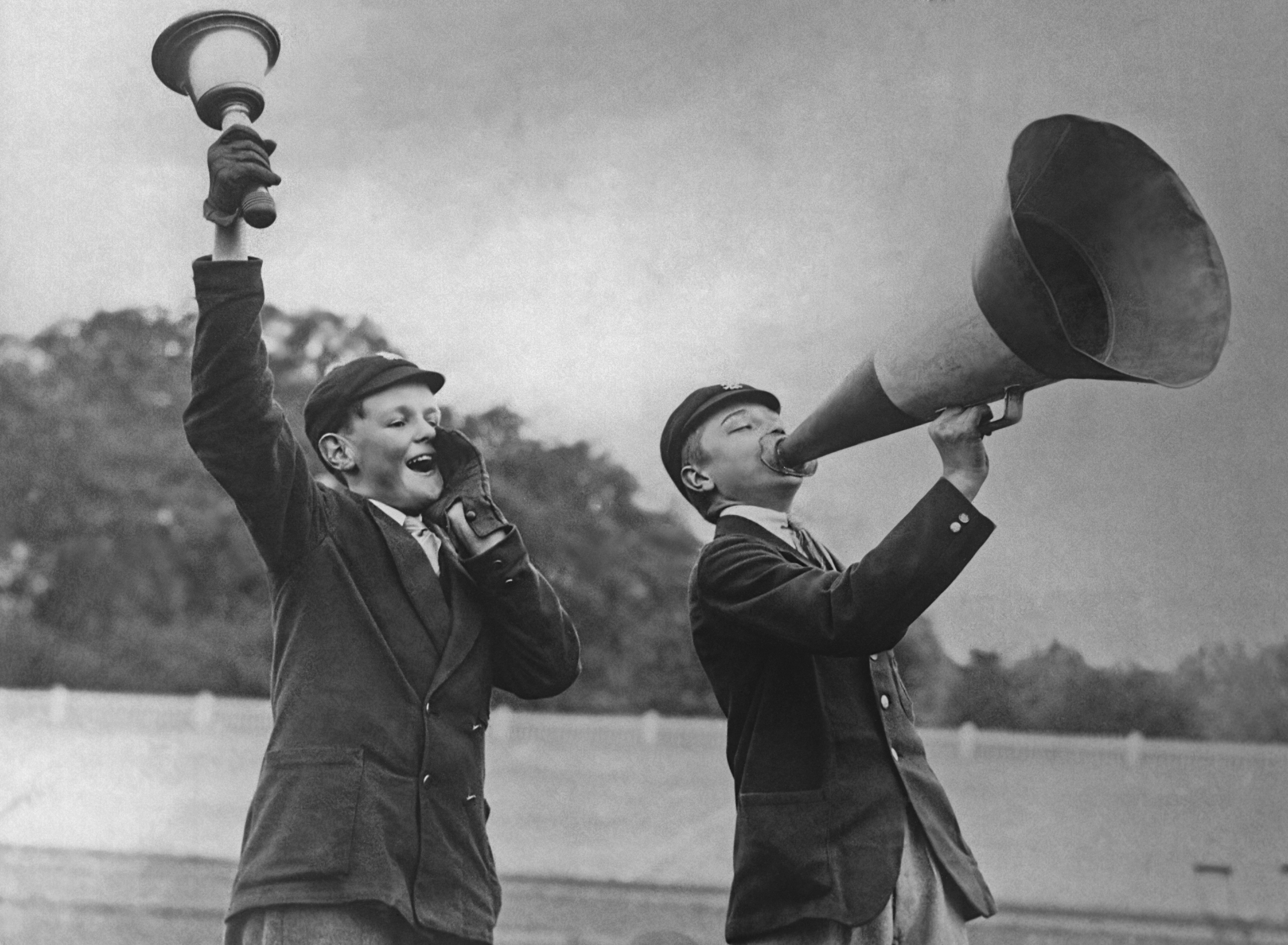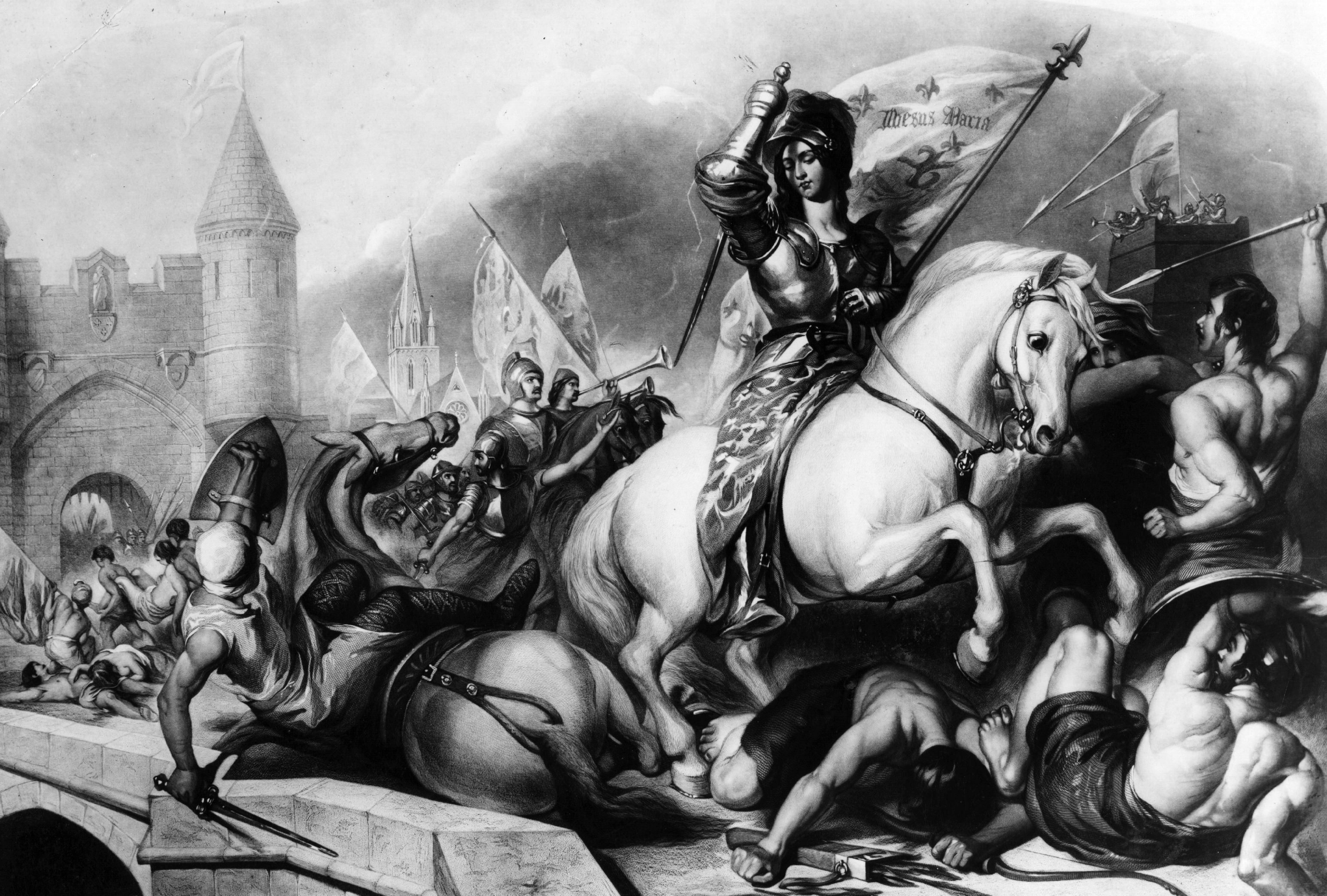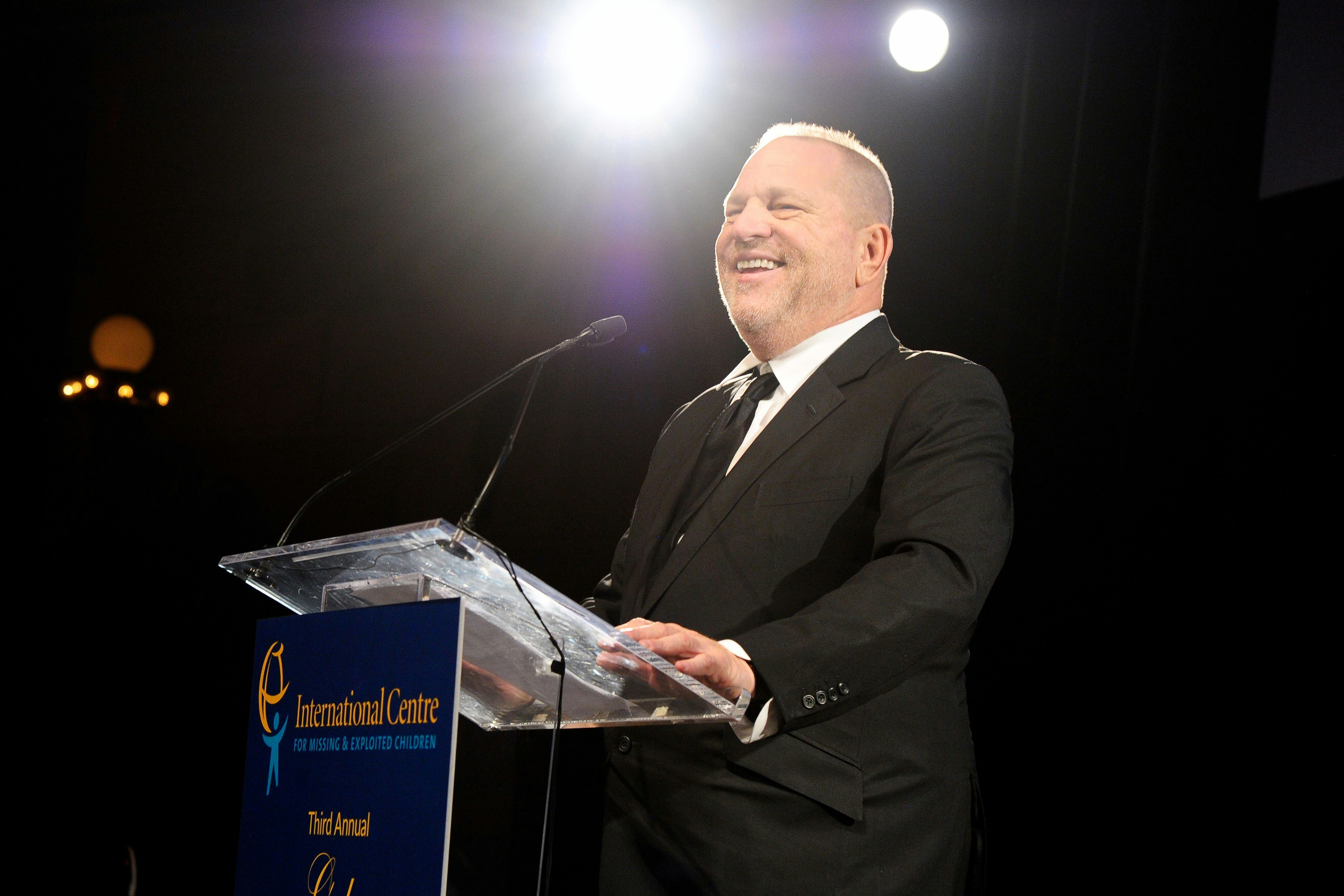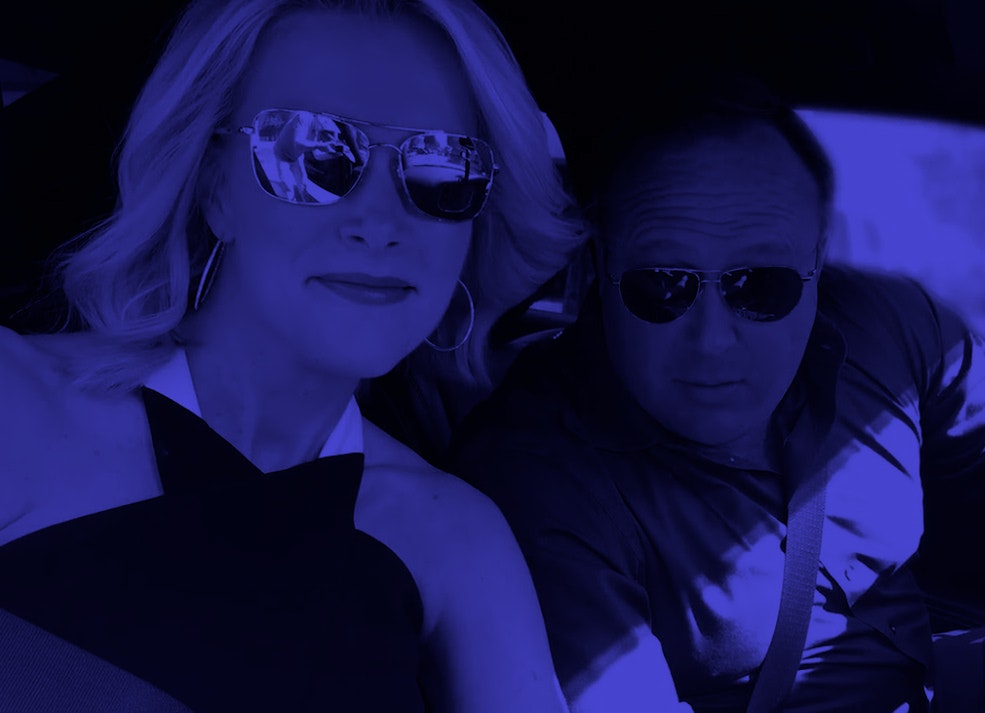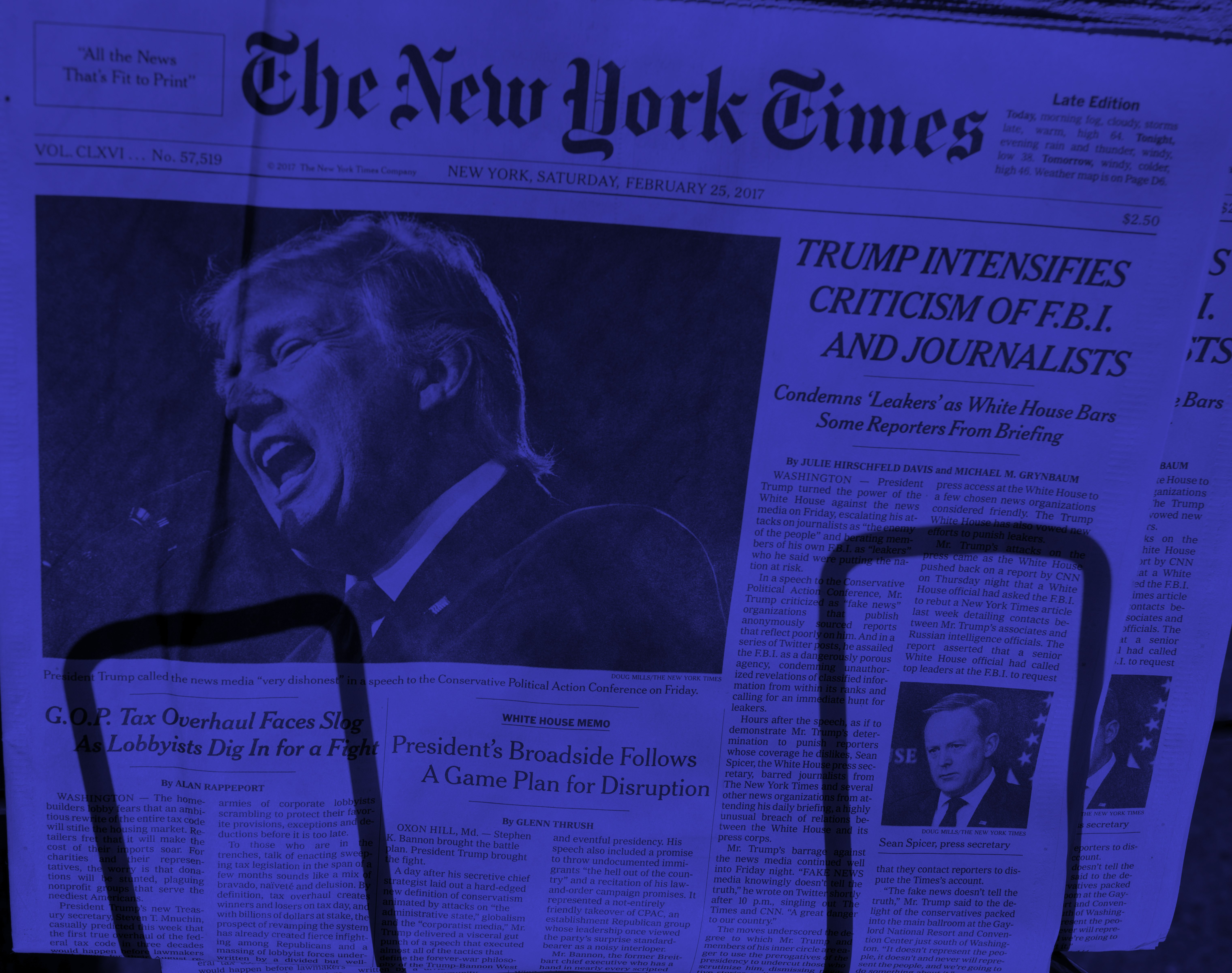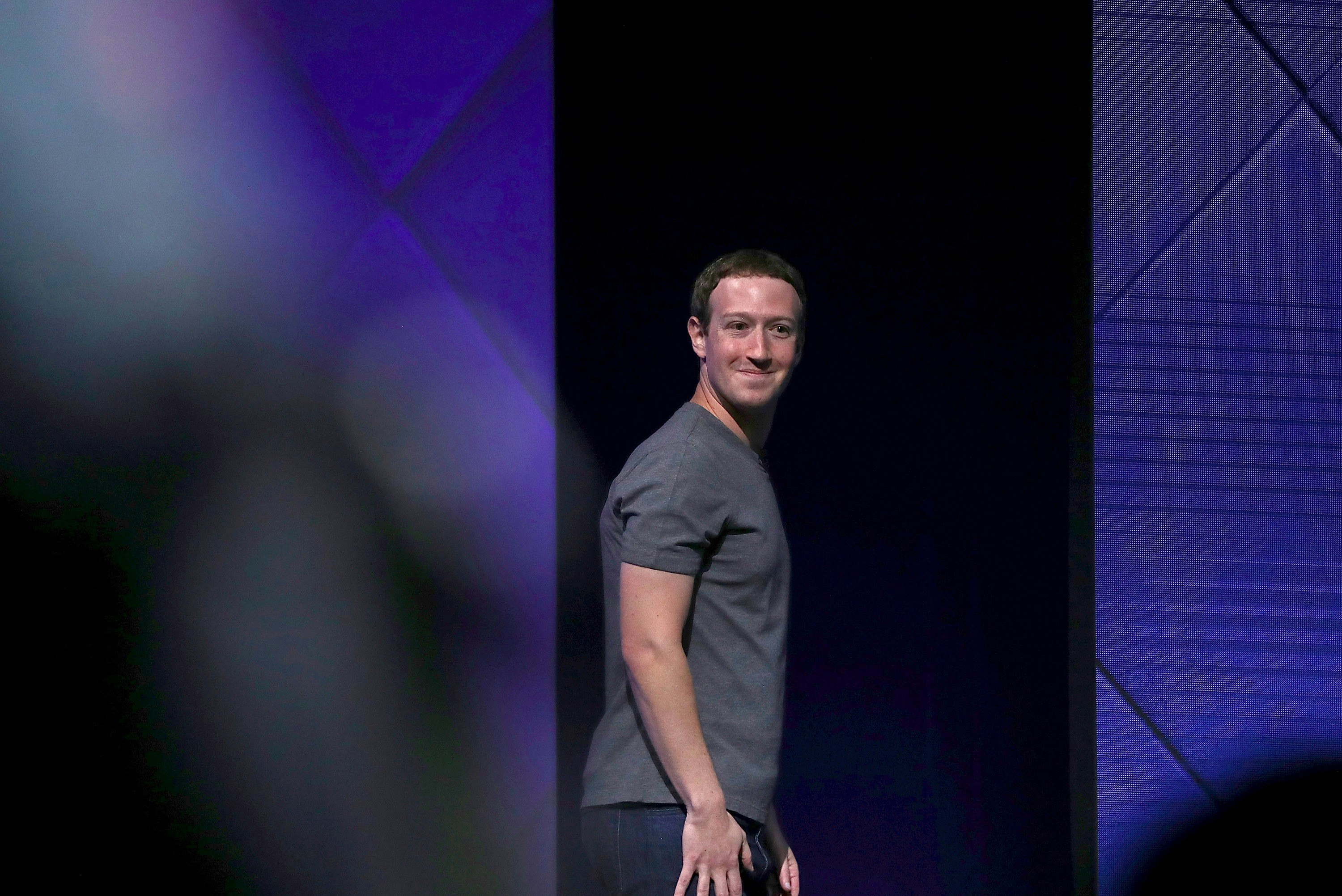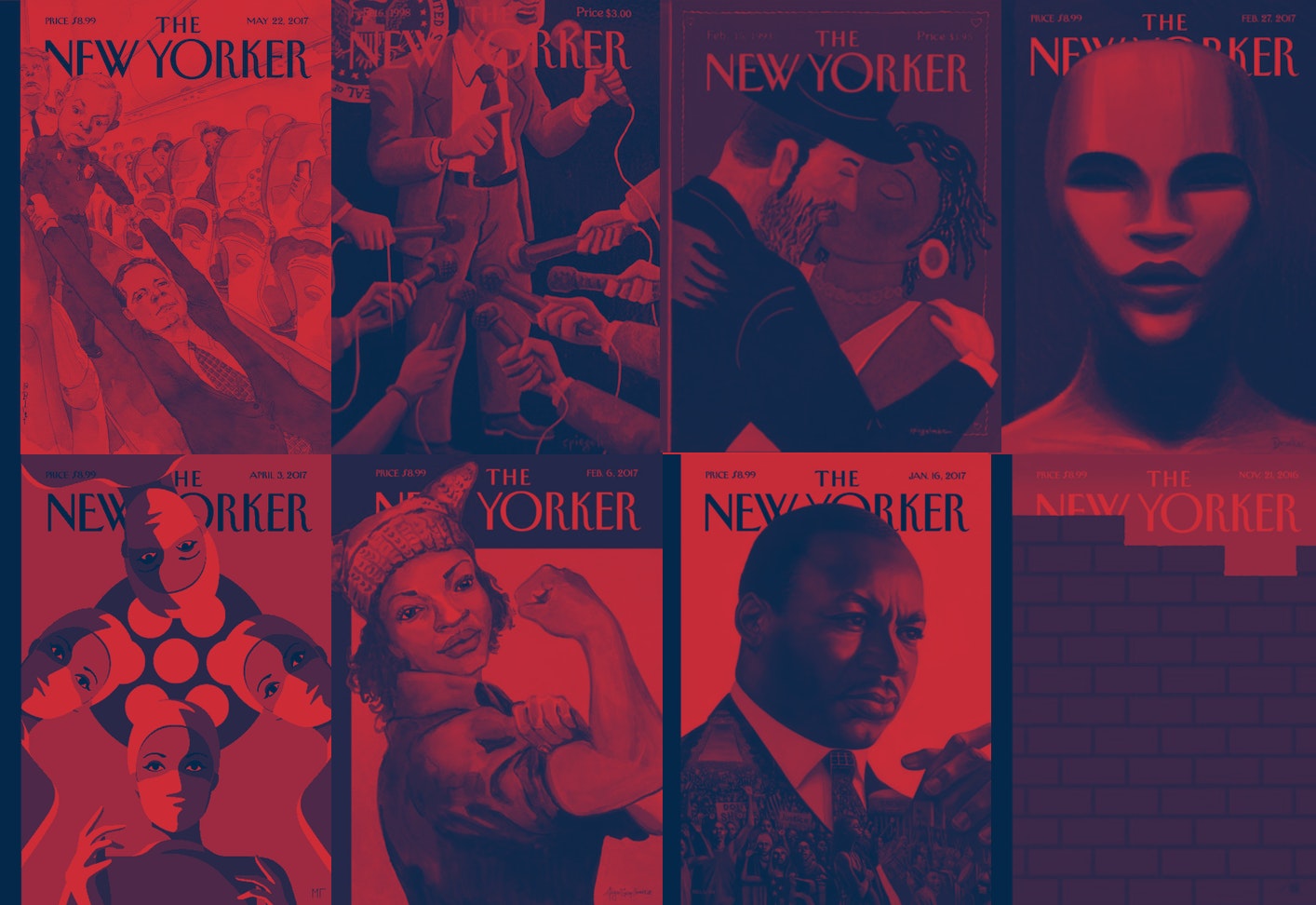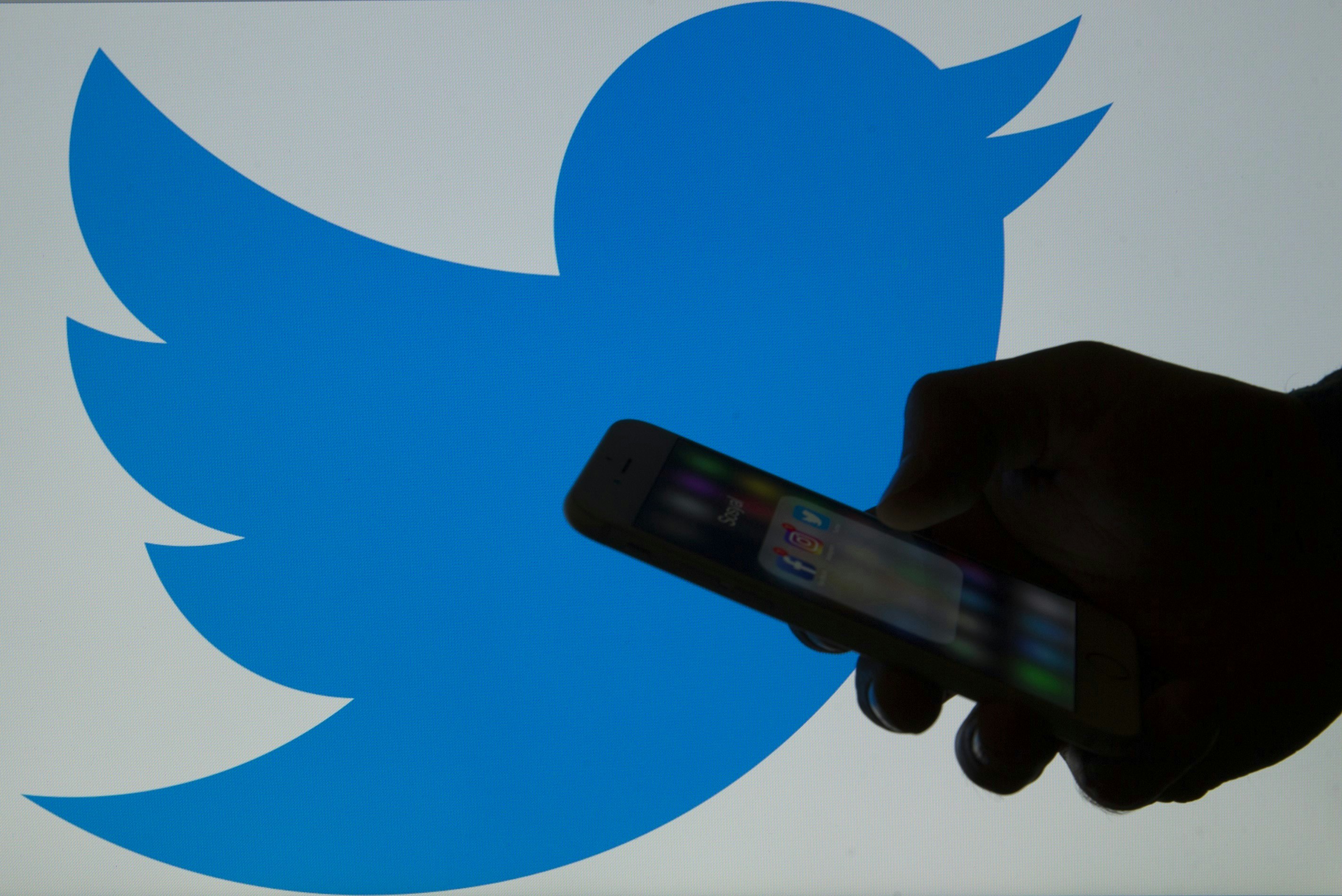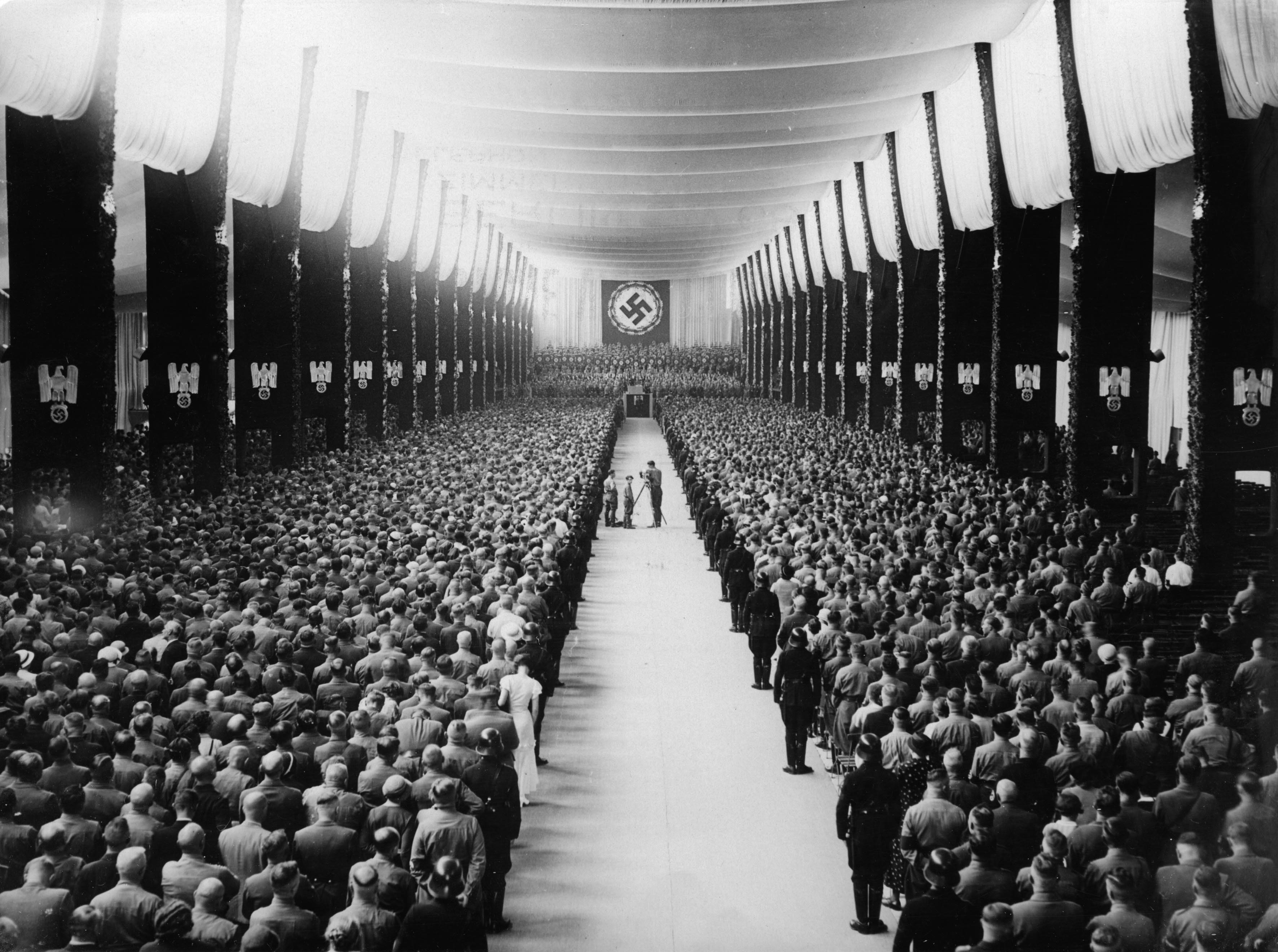A Jenner more or less lost to history is Sen. William “Bill” Jenner of Indiana (no relation to the Calabasas clan). Jenner, a staunch Republican isolationist, was the chairman of the Internal Security Subcommittee of the Senate Judiciary Committee in the 1950s, and a key player in arranging Sen. Joseph McCarthy’s Cold War-era communist witch hunts.
Some of the most fiery rhetoric of the era emerged from Jenner’s mouth. In 1951, after Gen. Douglas MacArthur was removed from Asia by President Harry Truman (whom Jenner said was a “saboteur”), the furious congressman took the floor of the Senate to call for the president’s impeachment. “This country is in the hands of a secret inner coterie, which is directed by the agents of the Soviet Union,” he said to a round of applause. “Our only choice is to impeach President Truman and find out who is the secret invisible government.”
Hm. Sounds familiar. Anyway, the 1950s were really crazy. Women started wearing pants regularly. Men didn’t want to wear glasses in public because they thought glasses made them appear weak. People were excited to listen to the radio. The ’50s produced the worst generation, the baby boomers, and although it is fashionable to blame the baby boomers for much of what is wrong with our world today, it’s also quite instructive to look at the generation who birthed them and talk about how bad they were, and how many things that happened then are still happening now.
Take Truman. Truman didn’t want to be the president; he was vaulted to the position when the hugely popular Roosevelt died and then re-elected “to the complete surprise of the nation’s political establishment and journalists,” writes David Halberstam in his very good book, The Fifties.
Truman was a vulgar outsider in Washington. He called the White House “the great white jail.” Halberstam writes: “As president he was accused of demeaning the Oval Office by turning it over to Missouri roughnecks and poker-playing back-room operators who drank bourbon and told off-color jokes.” When J. Robert Oppenheimer expressed remorse about building the atomic bomb, Truman called him a crybaby. In his letters, Truman wrote that New York was a “kike town” and demeaned Jews (even though he was later crucial to the creation of Israel).
And then there’s Sen. Joseph McCarthy from Wisconsin, a raging drunk commie-hater who thought that eating a quarter-pound of butter would offset his drunkenness and thus would regularly eat a quarter-pound of butter. Halberstam describes McCarthy as a man with “a talent for imagining conspiracy and subversion. … McCarthy understood the theater of it all, and he was for a brief time a marvelous actor. He knew instinctively how to brush aside the protests of witnesses, how to humiliate the vulnerable, scared people. In the end he produced little beyond fear and headlines.”
I tell you all this not to draw a direct line to our incoming leader’s power circle, just to reinforce the notion that life has always been depressing and the government has always mostly been run by crass, idiotic drunk men who thirst for attention and destruction. It speaks to the narcissism of our era that so many people think they are living in a special tragedy all their own starring Donald Trump as their personal oppressor. “Bernie would have won,” people are somehow still whining. Nothing new here, please move on.
Halberstam’s account of McCarthy as a man who “understood the theater of it all” is useful, especially as the boundary between politician and entertainer has become indistinguishable. Trump is our country’s top actor; his role of a lifetime is President in a movie called America. He, like McCarthy, knows how to get attention, even if he is blowing pure smoke. But the difference between politics then and now is that the media is a much less pliable beast. Halberstam’s description of McCarthy’s relationship with the media seems familiar but positively quaint. The media was “delighted to be a part of [McCarthy’s] traveling road show, chronicling each charge and then moving on to the next town, instead of bothering to stay behind and follow up,” Halberstam writes. “They had little interest in reporting how careless he was or how little it all meant to him. It was news and he was news; that was all that mattered. ‘McCarthy was a dream story,’ said Willard Edwards, of the Chicago Tribune. ‘I wasn’t off page one for four years.’”
Trump is our country’s top actor; his role of a lifetime is President in a movie called America.
The government and the media have long used each other for personal gain, but social media has complicated what was once a simple media-government feedback loop (with the occasional adversarial reportage thrown in). There are pros and cons to this. Social networks have led to citizen empowerment, but they have also revealed the intellectual impoverishment of their user base. Not that intellect is supported by social media — it’s not. Like any so-called revolutionary tool, it is governed by banalities, false urgency, propaganda, and Young Pope jokes. More bleakly, social networks have cemented popularity — and the celebrity status that often comes with it — as a sign of success. This is changing how power works because it determines who gets to be heard. But it also raises the question: How long can this edge-of-seat show last?
Trump’s Twitter will eventually become boring. Government will be the theater it always has been, full of endless drama and people who want power and also want to be loved. Because that’s what any performer really wants: to be liked. Halberstam on McCarthy: “He was almost pathetically eager to please. He loved nothing more than being one of the boys. After berating vulnerable witnesses during the day, he could not wait to go out and be the reporters’ pal as they all went to dinner.” A recent article in The Politico on how top Hillary Clinton aide Philippe Reines inhabited the mind of the president-elect to prepare his boss for the debates gave some fascinating insight into the psychology of Trump. ��President Trump will be more preoccupied with being able to declare success than with actually succeeding,” Reines said.
And he will seek approval in the loamy soils of social media, where reality matters much less than artifice.
Get Leah Letter in your inbox.
